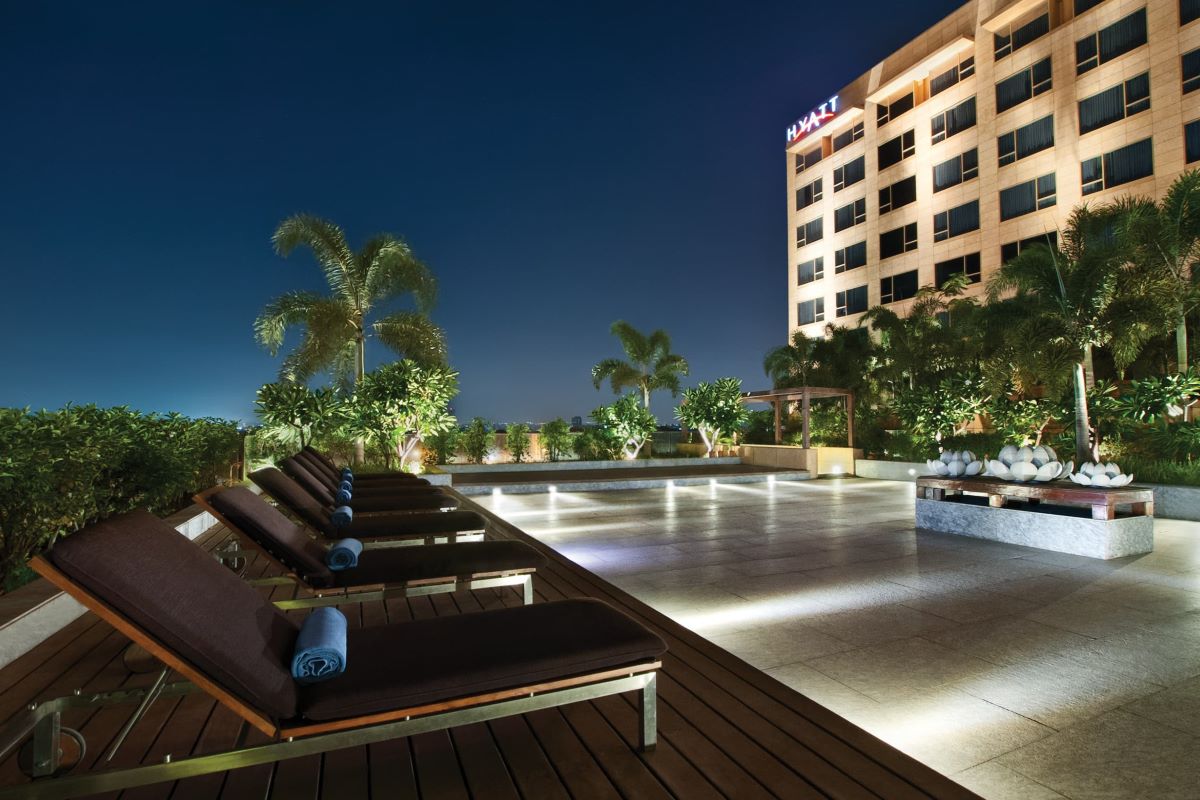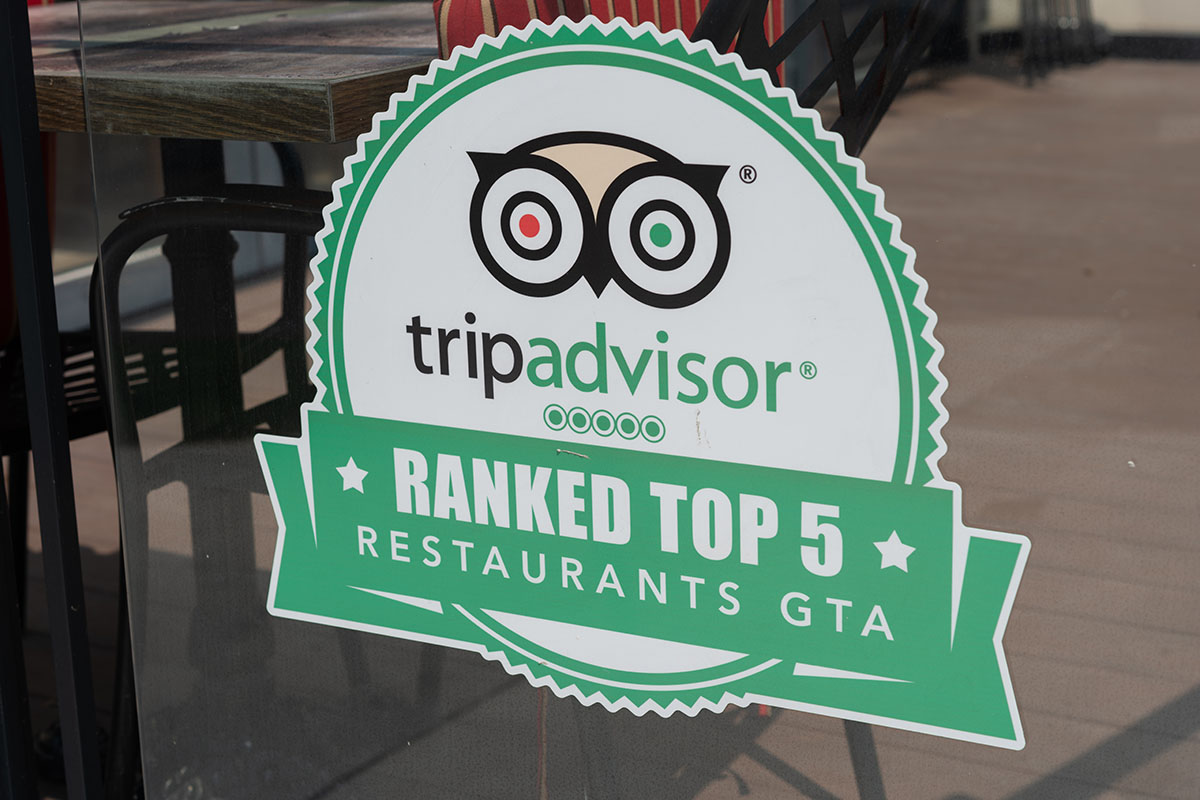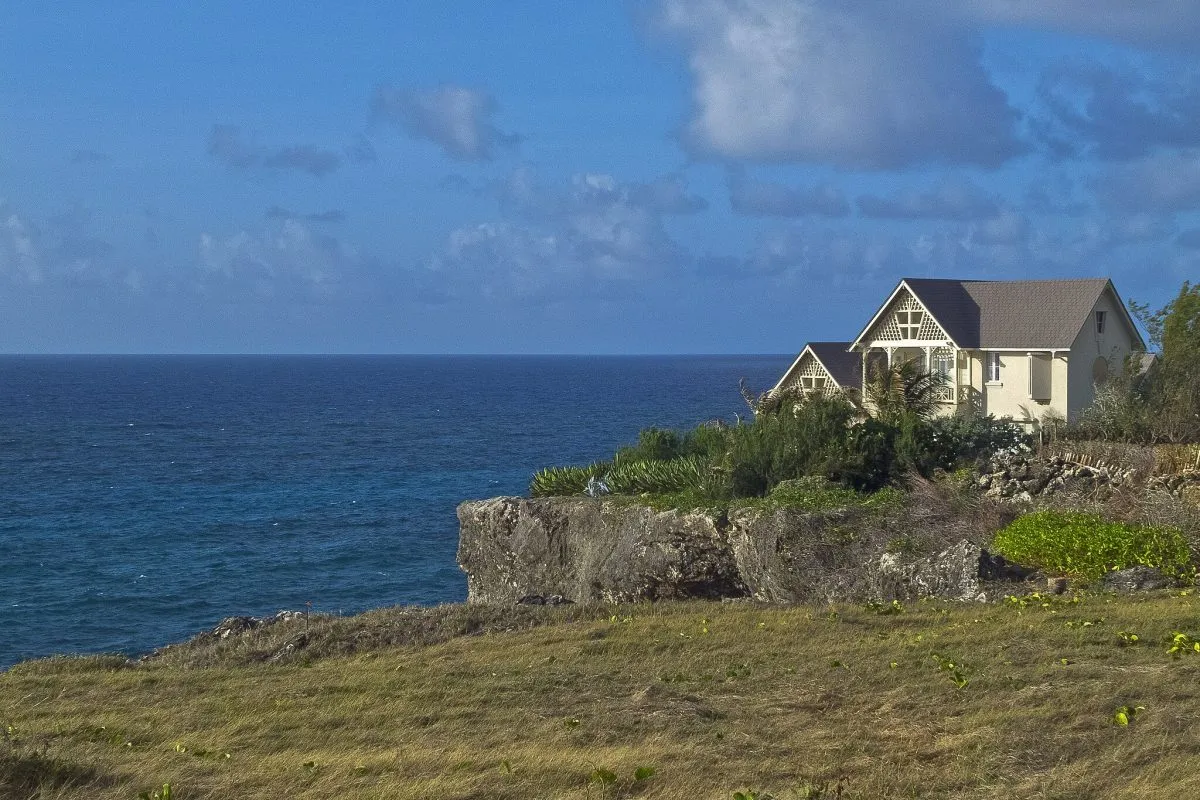Airbnb Finally Displays True Costs Up Front
Skift Take

Skift Daily Briefing Podcast
Listen to the day’s top travel stories in under four minutes every weekday.Good morning from Skift. It’s Tuesday, November 8. Here’s what you need to know about the business of travel today.
Listen Now
🎧 Subscribe
Apple Podcasts | Spotify | Overcast | Google Podcasts
Episode Notes
Airbnb is finally responding to longtime criticism about a lack of transparency in its pricing displays. The short-term rental giant announced on Monday it will display the total price of a stay in search results starting in December, reports Executive Editor Dennis Schaal.
CEO Brian Chesky tweeted that the company will also show the full price of a stay excluding taxes in its maps, price filter and listings. Airbnb listings in much of the world initially display the nightly rate only without including taxes and fees. Schaal writes that travelers have long viewed Airbnb’s existing practice of solely displaying the nightly rate as misleading regarding the final prices. Schaal adds that guests have loudly complained on social media about some hosts setting exorbitant cleaning fees.
Chesky also said that hosts would be required to disclose any checkout tasks for guests prior to booking. Schaal writes that some hosts force guests to perform chores as part of the checkout process, many of which aren’t disclosed until the guest’s arrival. Chesky tweeted that while some checkout tasks are reasonable, he said guests shouldn’t have to do chores like vacuuming or the laundry.
Next, Americans traveling abroad spent substantially more in September than inbound international visitors did in the U.S. But how much was the spending gap? Roughly $802 million, writes Global Tourism Reporter Dawit Habtemariam.
September was the third month this year that the U.S. recorded a deficit in travel spending, according to the National Travel and Tourism Office. May and June also saw the U.S. experience spending gaps of $800 million. Habtemariam writes the U.S. State Department’s failure to reduce exploding tourist visa wait times has contributed significantly to the travel spending deficit. Some prospective visitors have had to wait over a year to land an interview at U.S. consulates for a tourist visa.
Finally, Choice Hotels is looking to move beyond its longtime budget hotel image. The company’s recent $676 million acquisition of Radisson’s Americas business symbolizes its strategy to increase its number of upscale properties, reports Senior Hospitality Editor Sean O’Neill.
Choice President and CEO Patrick Pacious said during its third quarter earnings call on Monday that the company aims to expand in growing segments, including upscale. Acquiring Radisson’s Americas properties adds 68,000 rooms to Choice’s portfolio, with nearly half of them in upscale segments. O’Neill notes Choice has also increased its investment in its upscale brand Cambria, which has grown more than 5 percent from last year.
Choice reported that its revenue per available room — a key hotel industry metric — increased 15 percent in the third quarter from the same period in 2019. The company also generated $103 million worth of net income in the third quarter.





